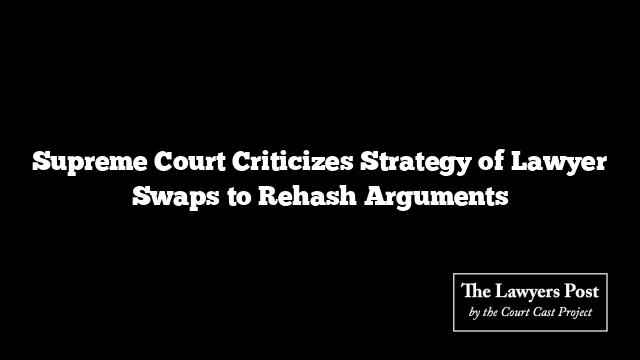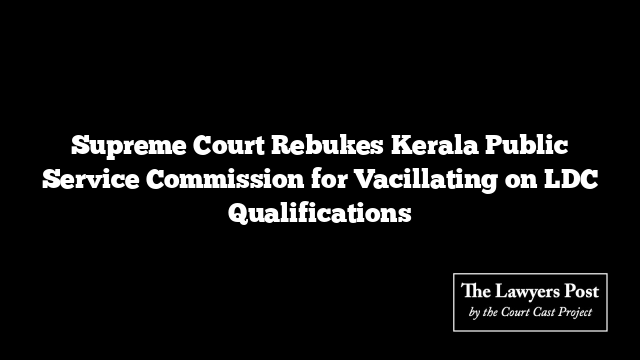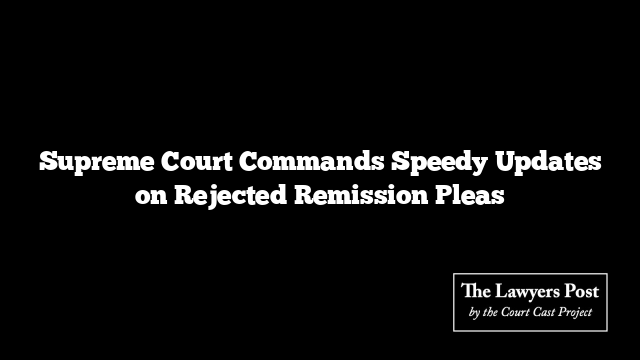In a striking critique, the Supreme Court lambasted a litigant for deploying a new lawyer to reargue a case the Court had already found lacking in merit. The incident unfolded after prior arguments had prompted the Court to express clear dissatisfaction with the case’s standing but still allowed time for the litigants to obtain further instructions.
Presiding over the matter, Justices Abhay S. Oka, Ahsanuddin Amanullah, and Augustine George Masih addressed what they considered a troubling legal tactic. “It is not that the senior counsel initially arguing the case became unavailable,” Justice Oka observed. “We see this happen: when dissatisfied with the merits, instead of dismissing outright, we grant time for proper instructions. Yet here, a new advocate appears and attempts to argue afresh. This is not acceptable. Even under exceptional circumstances, a new lawyer must work from the instructions already given, not restart the case.”
During the proceedings, Justice Oka did not hold back when addressing the petitioner’s advocate on record. The pointed questioning highlighted the perceived misuse of procedural allowances: “Is this your usual practice—to keep changing counsel if the Court isn’t persuaded? Is this the right way to advocate? Your duty should be to counsel your client against such actions.”
The case in question saw two senior advocates, on October 3, seeking a transfer of various investigations out of West Bengal. However, flaws in the requests were flagged, and the judges noted that other applications related to these cases were already pending in the High Court. Rather than outright dismissal, the Court permitted time for additional instructions.
But when a third lawyer sought further adjournments on October 23, the Court refused. By October 24, a fourth senior advocate appeared, reigniting frustrations among the bench. The judges made it clear: a fresh lawyer should present the original instructions, not resurrect arguments.
Reflecting on the matter, Justice Oka admitted, “We have learned a lesson. Moving forward, we will not hint at our views; we will simply hear the arguments and, if unpersuaded, issue dismissals without delay. We regret offering guidance in the past.”
In the end, the senior counsel requested permission to withdraw the petition and refile appropriately in the High Court. The Supreme Court granted this request, ensuring all contentions remain open for High Court deliberation. The writ petition, consequently, was dismissed as withdrawn.





